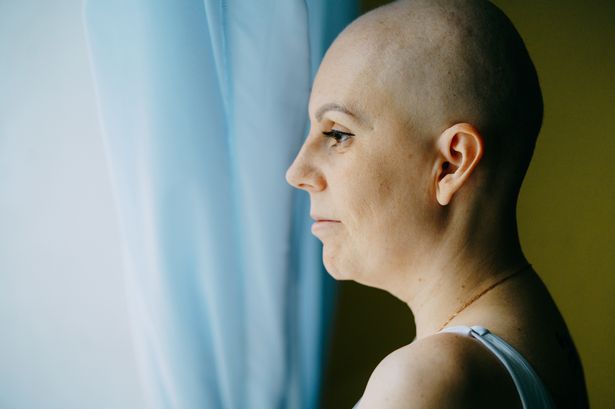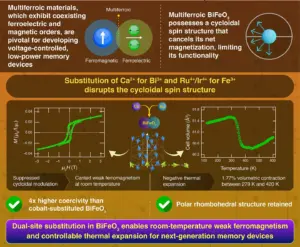
A new **antibody treatment** developed at **King’s College London** shows promise in treating **treatment-resistant breast cancers**, providing renewed hope for patients facing aggressive forms of the disease. This innovative approach targets some of the most challenging types of breast cancer, including **triple-negative breast cancer**, which lacks effective treatment options.
Researchers have created a **triple-engineered antibody** designed to both inhibit tumor growth and activate the body’s immune response. Unlike conventional therapies, this antibody binds directly to cancer cells while simultaneously attracting immune cells to the site of the tumor. This dual mechanism enhances the body’s natural defenses against cancer.
Breakthrough in Antibody Engineering
The **Breast Cancer Now Research Unit** at King’s College has been at the forefront of antibody modification for over a decade. Their latest study, published in the journal **Cancer Research** on **March 15, 2024**, demonstrates that this modified antibody can activate immune cells more effectively than existing treatments. Laboratory experiments and animal models revealed that the antibody promotes an immune attack on tumors, significantly restricting growth in both **triple-negative** and treatment-resistant breast cancers.
Dr. **Alicia Chenoweth**, the study’s first author, explained the significance of the findings. “By making a few key changes in the structure of the antibody, we found that it could activate the immune system much more powerfully than an unmodified antibody currently used in breast cancer treatment,” she stated. The study indicates that many of the immune cells present in breast tumors are in a suppressed state, making them difficult to activate. The modified antibodies not only stimulate these immune cells to target cancer cells but also shift them into a more activated state overall.
Addressing Unmet Medical Needs
Professor **Sophia Karagiannis**, the study leader, emphasized the potential impact of this research. “By examining key immune cell receptors in breast tumors, including those resistant to chemotherapy and immunotherapy, we have designed our antibody to better harness the immune system in a way that has never been done or tested in cancer before.” If successful, this antibody could provide much-needed solutions for patients with treatment-resistant cancers, including **triple-negative breast cancer**, which accounts for approximately **15%** of all breast cancer cases.
This subtype of breast cancer is particularly challenging due to its lack of receptor targets for common therapies. Conventional hormone treatments and **HER2-targeting drugs** are ineffective, leading to fewer options and a higher risk of recurrence for patients. **Dr. Simon Vincent**, chief scientific officer at **Breast Cancer Now**, noted the urgency of developing new treatments for the more than **8,000 women** diagnosed with triple-negative breast cancer annually in the UK. “This promising, early-stage research offers hope for more and better treatments,” he said.
The King’s College team is now focused on advancing these immune-active antibodies into clinical trials, with ongoing laboratory work aimed at enhancing the therapy. This includes efforts to extend the antibody’s lifespan in the body and ensure it can stimulate a broader range of immune cells. The researchers also believe this innovative therapy could be effective for other cancers, as one of the targeted antibodies is found in both **ovarian** and **endometrial cancers**.
As breast cancer remains the most common cancer among women in the UK, this breakthrough represents a significant step forward in the fight against a disease that affects many individuals regardless of age or background. Ongoing research and development aim to ensure that all patients have access to effective treatment options, ultimately improving the quality of life for those diagnosed with breast cancer.







